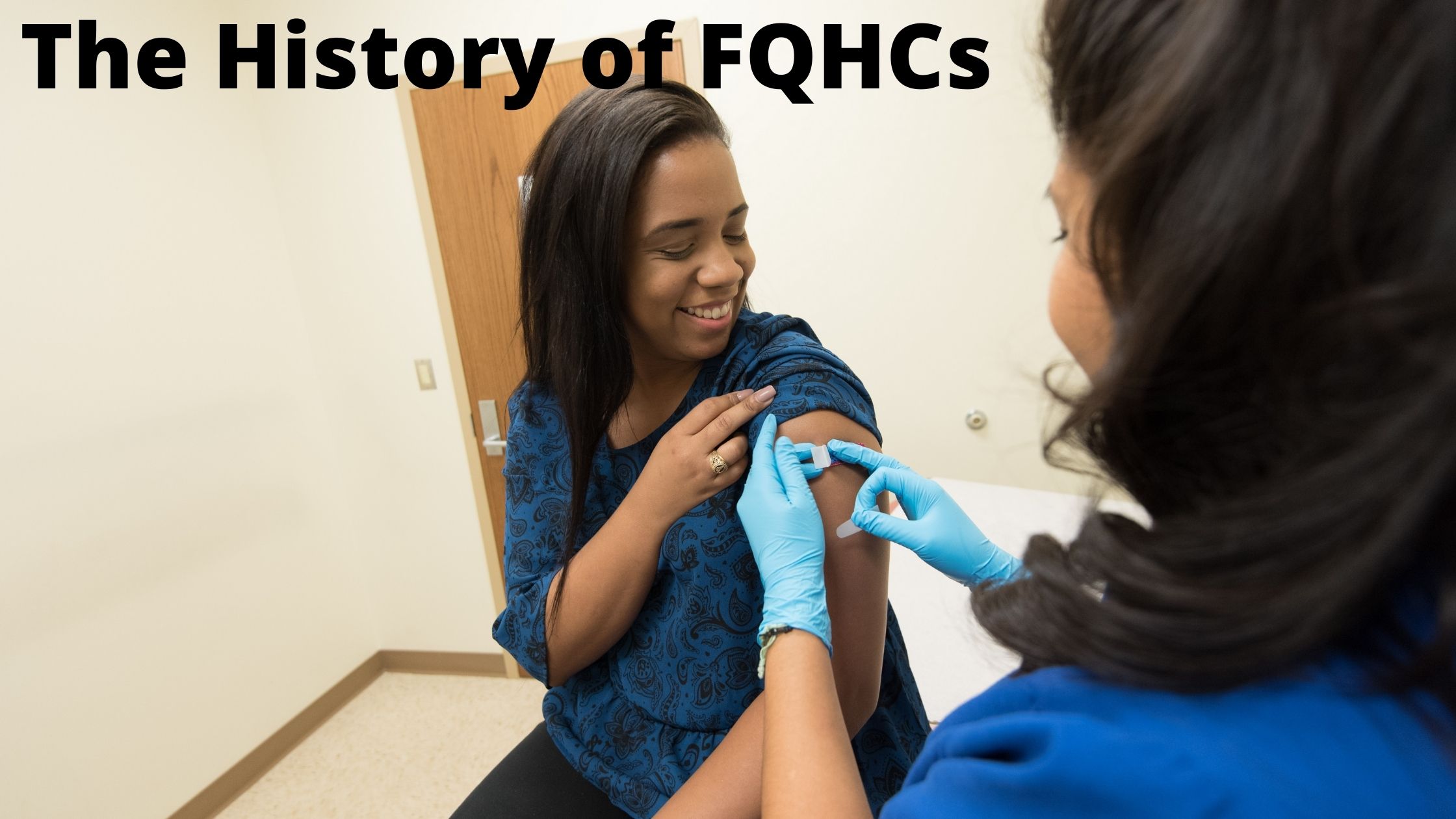FQHCs (Federal QCHCs) are health centers that focus on providing comprehensive and personalized healthcare to underserved areas. They are great alternatives for all patients within their area, as they offer more access to quality care, as well as better affordability.
The History of FQHCs
For as long as people have been living in communities, there have been healthcare centers available to them. These care centers were typically run by churches or other charitable organizations, and tended to serve the local community. In the early 1960s, a new type of healthcare center emerged on the scene- Family Healthcare Centers (FHCs).
FHCs were founded on the idea that it was better for patients and doctors to be close to each other. This philosophy is still at the heart of FQHCs today. FQHCs provide comprehensive care for their patients, regardless of their ability to pay. This allows FQHCs to serve a much wider range of patients than traditional healthcare systems.
In addition to offering comprehensive care, FQHCs are often located in underserved areas. This means that they can serve a large number of patients who would not ordinarily have access to quality healthcare. FQHCs are also frequently owned and operated by local communities themselves, which gives them a sense of responsibility and ownership in their work.
Overall, FQHCs offer a great alternative for all patients within their area. They provide comprehensive care at a lower cost than traditional healthcare
The Types of FQHCs
There are a few different types of FQHCs, each with its own set of benefits and drawbacks.
The first type of FQHC is the community-based organization (CBO). CBOs are nonprofit organizations that provide health services to low-income residents in their area. They offer a wide range of services, including primary care, psychiatry, mental health, substance abuse treatment, and maternity care.
One major advantage of CBOs is that they are familiar with the local population and their needs. This makes them better equipped than general hospitals to provide quality care to patients.
However, CBOs don’t have the resources to offer specialty care, such as cardiology or surgery. They also don’t have the ability to generate revenues through advertising or charging patients for services.
The second type of FQHC is the public hospital FQHC. These hospitals are owned and operated by state or local governments and offer a wider range of services than CBOs. They typically have more staff and resources than CBOs and can offer more specialized care.
Public hospital FQHCs can be good choices for patients who need a high level of care or who live in an area where there
The Benefits of FQHCs for Patients
There are many benefits that come with being a patient at a FQHC. These benefits can include access to more specialized care, better quality of care, and a more personalized experience.
When you are a patient at a FQHC, you are likely to receive more specialized care than you would if you were a patient at, say, an OB/GYN clinic. This is because FQHCs tend to have a greater focus on preventive care and chronic disease management. In addition, FQHCs typically have a much broader range of services than OB/GYNs do, so you are likely to be able to find what you need regardless of your specific health issue.
Another benefit of being a patient at a FQHC is the quality of care that you may receive. This is because FQHCs tend to have higher standards for care than other clinics do. This means that the patients who go to FQHCs are generally going to get the best possible treatment for their conditions.
Finally, one of the biggest benefits of being a patient at a FQHC is the personalized experience that you will likely receive. This is because most FQHCs
How to Choose the Right FQHC for You?
There are many reasons why FQHCs are a great alternative for all patients within their area. One of the most important reasons is that FQHCs typically have a greater focus on community health and patient-centered care than traditional hospitals. This means that patients will frequently receive care from the same nurse or doctor throughout their stay, rather than having to switch between different hospital staff each time they visit. FQHCs also typically have more flexible appointment times, which can be helpful for people who have busy lives or who are unable to take time off from work.
Moreover, FQHCs typically offer more affordable rates than traditional hospitals, which can be an especially appealing option for patients on a budget. Additionally, FQHCs tend to have a greater variety of medical services available than traditional hospitals, so patients can be sure that they will find the treatment they need no matter what condition they are suffering from.
Overall, there are many reasons why FQHCs are a great alternative for all patients within their area. If you are looking for a hospital that focuses on community health and patient-centered care, then an FQHC should be your first choice.
Conclusion
Finding a healthcare provider that is specialized in family medicine can be daunting, especially if you don’t live within their area. Fortunately, there are FQHCs (family-focused health centers) all over the United States that offer excellent care for patients of all ages and needs. If you are looking for an alternative to a traditional doctor or hospital setting, consider checking out one of these clinics first. They have the experience and expertise to provide quality care for you and your loved ones.


